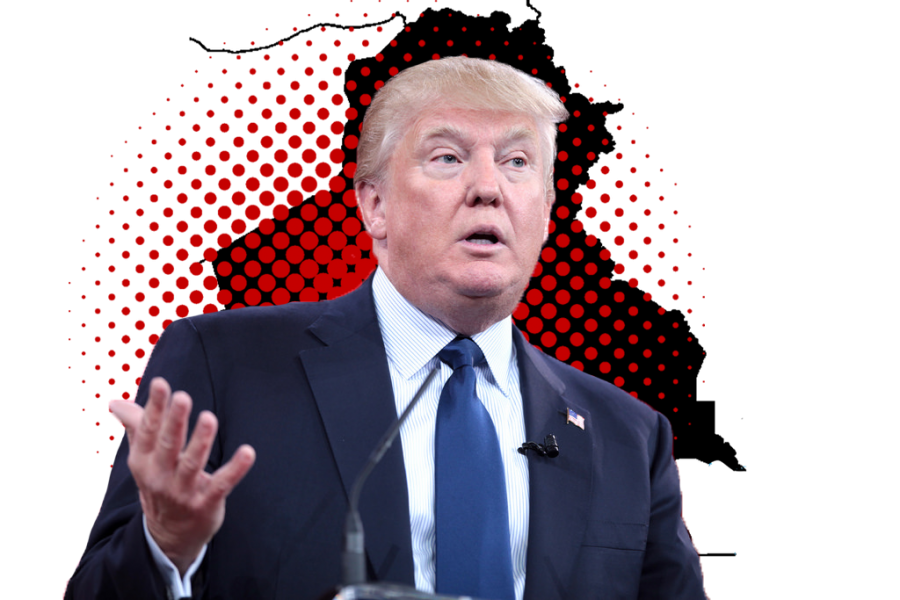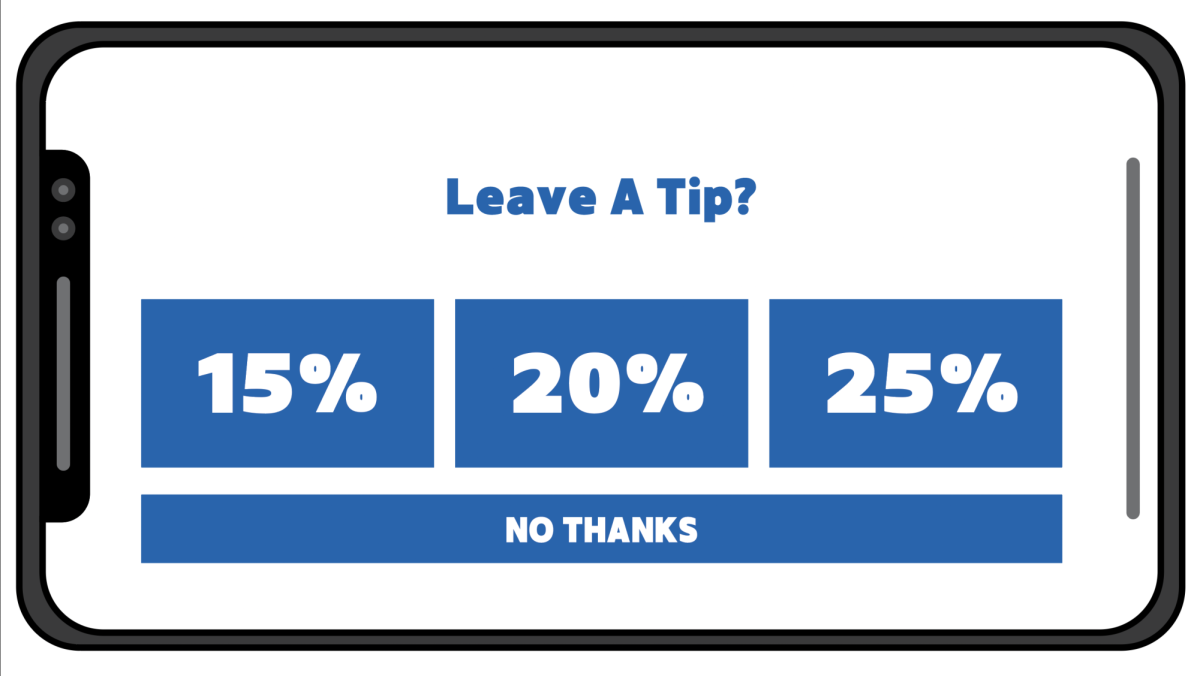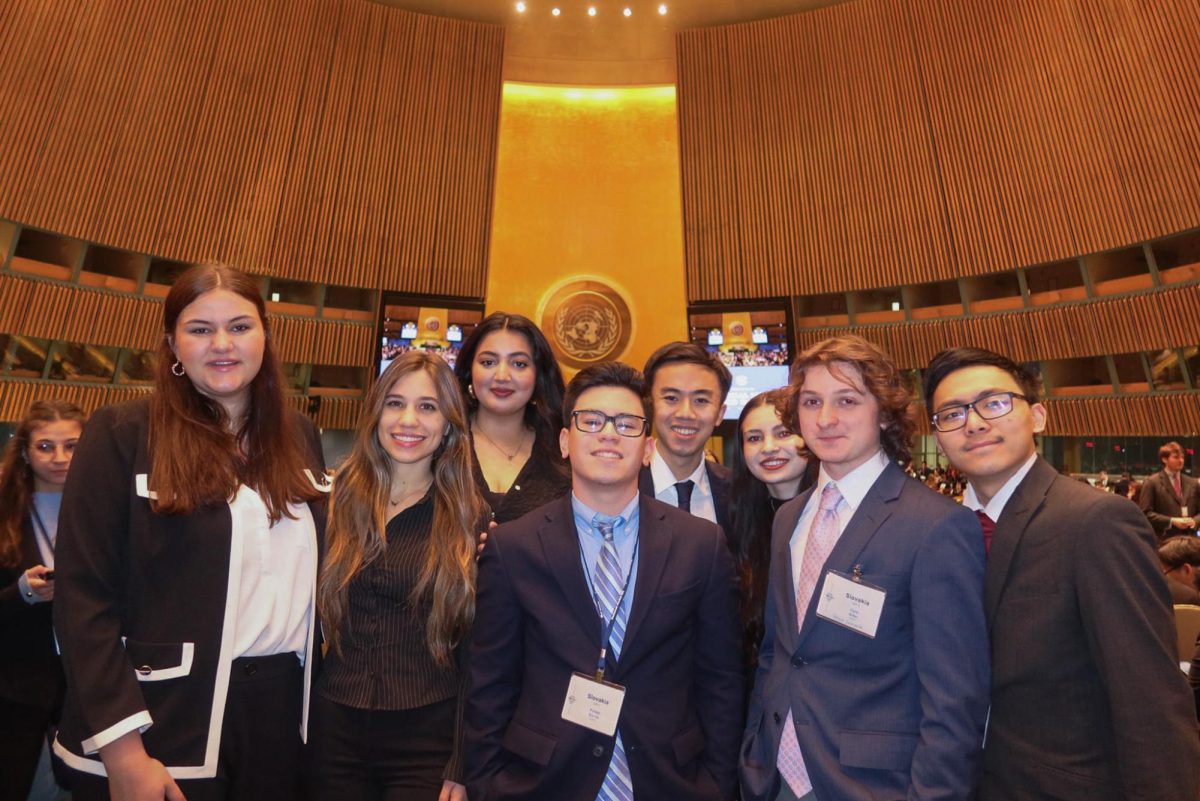Last week marks the 16th anniversary of Operation Iraqi Freedom. The political and demographic landscape of the Middle East has changed immensely since 2003 — much of this can be attributed to the U.S.’ involvement, poor policies and the power vacuum that ensued shortly after Saddam Hussein’s ousting. President Donald Trump is in a position of power to remedy some of the mistakes made, but Iraq may be too far gone.
Only months after the war began in May 2003, then-President George W. Bush gave a televised speech aboard the USS Abraham Lincoln, with a banner draped behind him that read “Mission Accomplished.” Here, he applauded the effort of coalition forces and announced an end to major combat operations. The U.S. would not fully exit Iraq until December 2011, but only for a few years, as their presence was again needed to deal with the emerging Islamic State in 2014.
The U.S.’ inability to establish order and follow-through with their initial plans of installing pro-American governments has permanently changed the Middle East — none of which seem to have gone according to plan. According to the news publication Foreign Policy, the current situations in Iran, Iraq, Syria and Afghanistan can all be directly linked to U.S. involvement.
Even with ISIS recently run out of Iraq, which can be highly credited to the efforts of Iraqi and Kurdish fighters, current Iraqi president Bahram Salih will have a hard time establishing stability once again. He will find little relief from the U.S. as Trump has an isolationist mindset when dealing with the Middle East. In late 2018 he announced his plans to reduce the number of forces in the Middle East, despite his top officials’ behest.
Few people believed the Iraq War would last nearly nine years at its onset, but the Bush administration convinced the vulnerable post-9/11 public that a war against Iraq and Saddam Hussein was necessary. They cited his cache of weapons of mass destruction, primarily nuclear weapons, in addition to numerous human rights violations and their support of terrorism.
Today, it is a widely known fact that the U.S. found no weapons of mass destruction in Iraq. According to The Independent, even some CIA officials acknowledge this.
However, Hussein was responsible for hundreds of thousands of deaths over his 23-year-reign. The U.S. State Department cites his use of chemical attacks throughout the 1980s, dropping mustard gas and nerve agents on Iranian soldiers in the brutally fought Iran-Iraq War, as well as Kurdish villages resulting in many civilian deaths.
Hussein was clearly a threat, if not to the U.S., to his own people. The world is certainly better off without him in power. Yet, this pro-humanity sentiment the Bush administration championed was lost when the U.S. decided to abandon the Iraqi people just years later. The mounting chaos and prolongation of the war overwhelmed both the U.S. government and its people, causing many to call for an end to the war.
To call the strategy a failure is an understatement. The U.S. mismanaged post-Saddam Iraq so poorly that the lack of security and stability allowed terrorist groups, al-Qaida, and more recently ISIS, to establish a significant presence in Iraq. These extremists have carried out thousands of suicide bombings since the U.S. occupation began.
Over a hundred thousand people perished, according to the University of Maryland’s Global Terrorism Database (GTD), many of which were Iraqi civilians. For those living in the war-torn country, the ever-present threat of this unprecedented terrorism became a harsh reality.
With Hussein gone, the U.S. believed it could simply put a puppet in charge and leave with little to no repercussions. Two separate insurgencies and one civil war later, the strategy did not work out. Iraq remains largely devastated to this day.
Trump often faults prior administrations for their mistakes, but blaming them for their fallacies while in a position of power where he could correct them is no better. During both his campaign and presidency, he has said many times that the rest of the world no longer respects the U.S. Entering a nation under false pretenses, creating a violent and deadly mess, and leaving with no exit strategy is indeed very irreputable. Wouldn’t fixing this immense situation be a good start in restoring America’s reputation?














